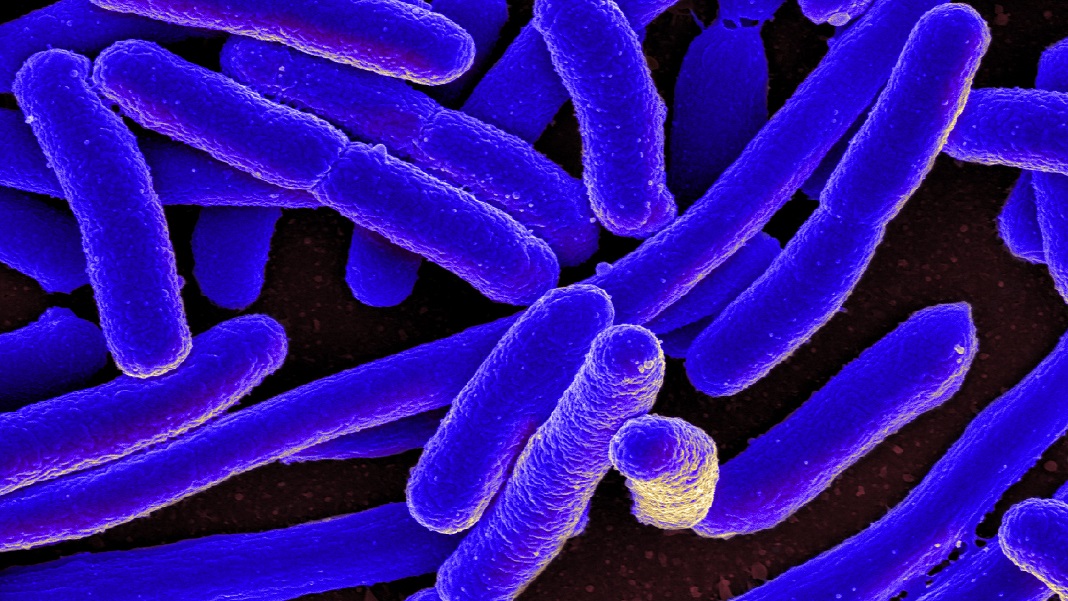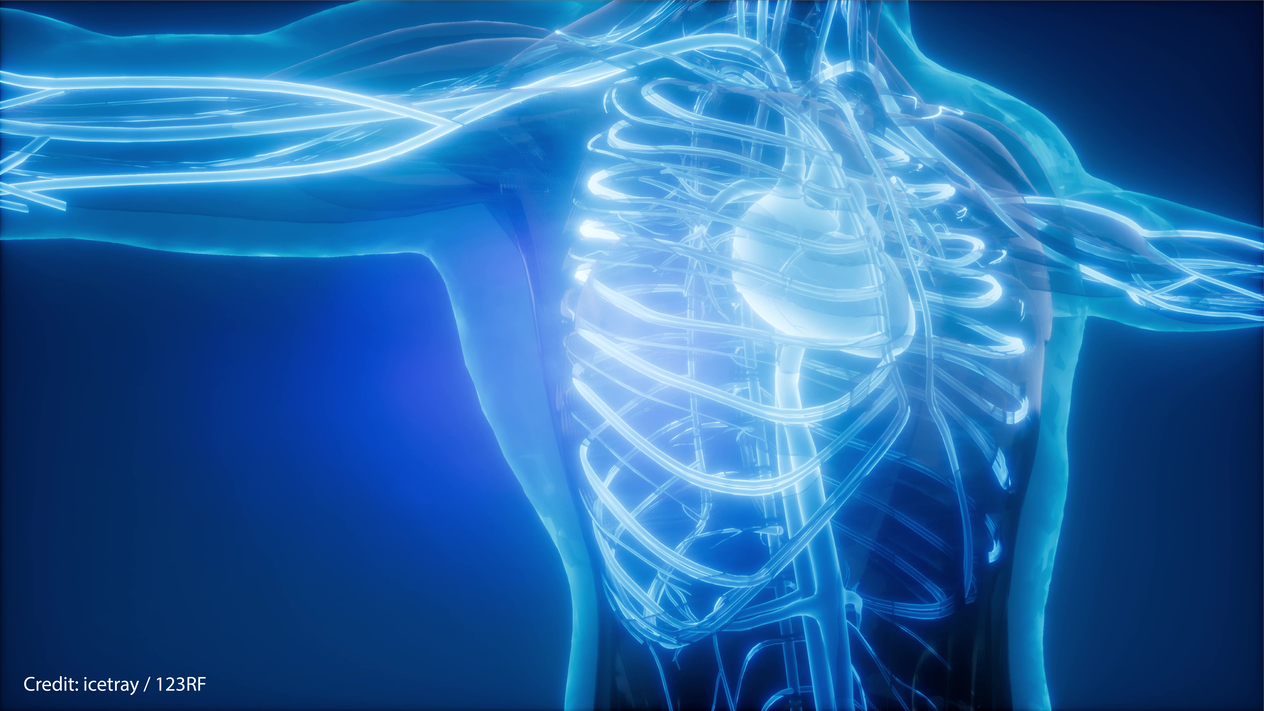
The Wallace Line divides species in Southeast Asia. A deep ocean trench prevents animal migration. Even flying birds rarely cross it.

Cloning primates is complicated. In most attempts, embryos and newborns die. But researchers in China have said they've cloned a rhesus monkey that's doing well.

India is changing drastically under the Earth's surface, as a new study has revealed that the Indian Continental Plate could be splitting in two.

The engineered bacteria are now resistant to even the most aggressive viruses, with little chance of leaking their synthetic code into the wild.

In the atmospheres of exoplanets WASP-76b and WASP-121b drift clouds of barium was found. The answer to the question "why is there such a heavy element in the upper layers of the atmosphere of these planets?" is unknown.

Forty percent of Europeans have vitamin D insufficiency and so do one billion people world-wide. Now, by using CRISPR technology, scientists have designed a special sun-dried tomato packed to the leaves with vitamin D.

U.S. scientists have published a new research paper outlining the possibility that the universe could, relatively shortly, begin to shrink towards its demise and eventual rebirth.

The University of Maryland School of Medicine announced that its staff had completed the first transplant of a pig's heart into a human. The patient was too sick to qualify for the standard transplant list.

Astronomers have discovered unusual signals coming from the direction of the Milky Way's centre. The radio waves fit no currently understood pattern of variable radio source and could suggest a new class of stellar object.

The teams each used a varied 3D printing technique to construct a cube-shaped tissue about one centimeter thick and capable of functioning for 30 days in the lab.

Chinese and US researchers has found a link between air pollution and human cognitive decline. The study consisted of carrying out math and verbal testing of 25,000 people living in 162 counties in China.

Nanotechnology, the ability to manipulate structures on an atomic level, has the potential to revolutionize our world.